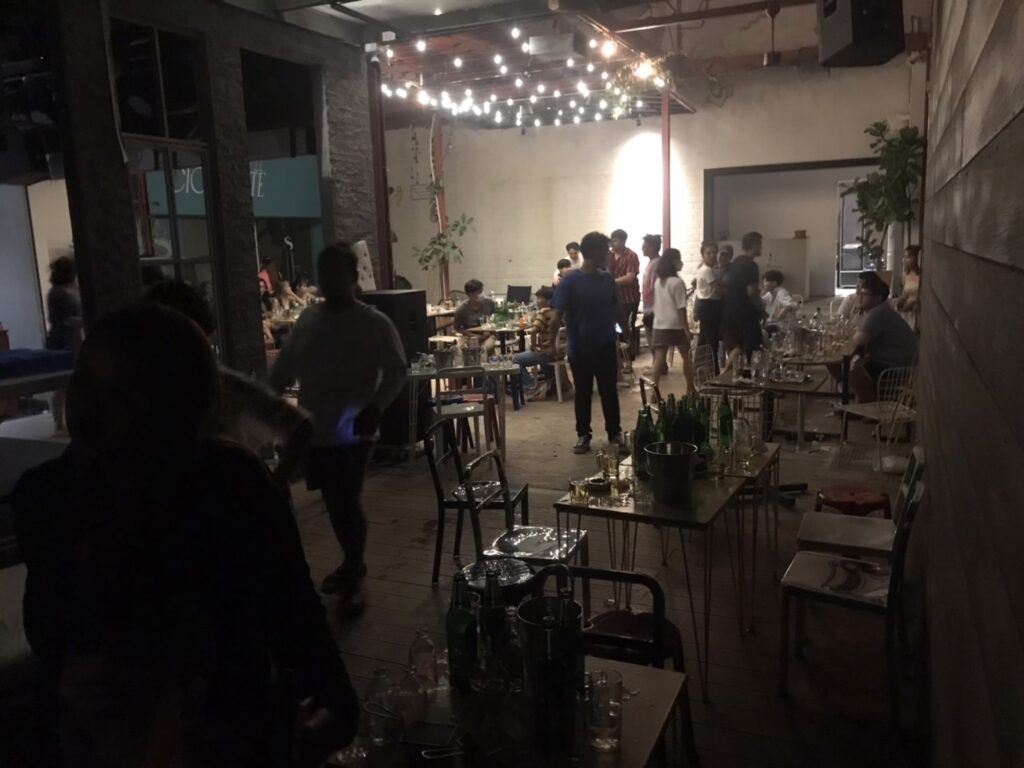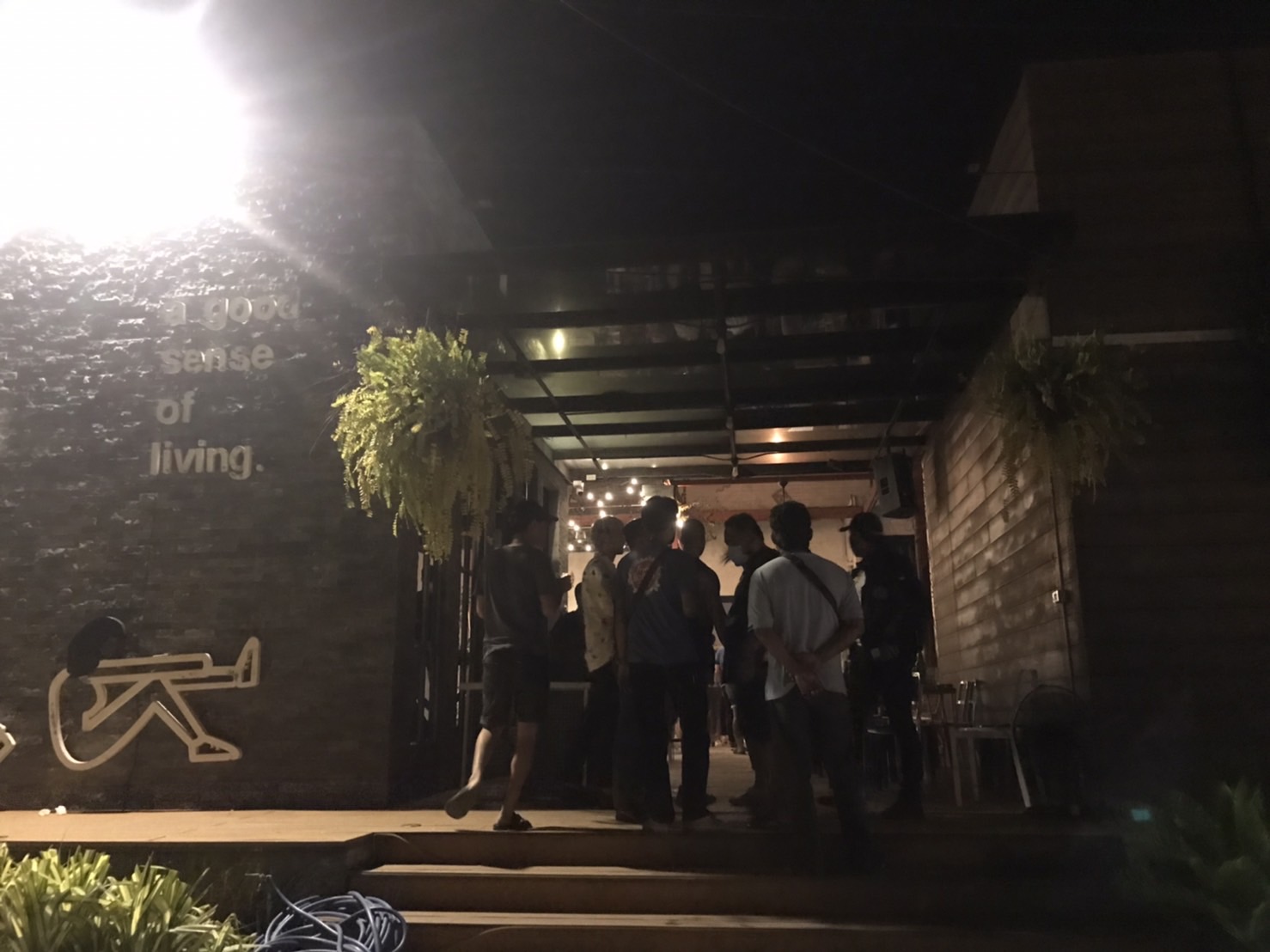Pattaya –
A "restaurant" on South Pattaya road was raided last night around midnight, December 12th, after reportedly operating over legal hours and providing bar-like services, violating the Chonburi Communicable Disease Control order.

Upon arrival, a group of customers was found dancing along with loud music and drinking alcohol. Some of them were reportedly not wearing a mask. The officials then ordered to stop the music and turn on the lights, which were low and a "nightclub" environment style.
There were mixed reports on if customers were detained or fined, notes TPN media. The owner, whose name was not given, was reportedly taken to the police station at Soi 9 for processing and discussion.
TPN media notes that police from various jurisdictions have been raiding and visiting "restaurants" around the city this weekend, such as in the Jomtien Complex and Soi Lengkee area, warning them about the current rules, closing venues, and asking them to adhere to the rules. The rules have driven anger and frustration from business owners in Pattaya who have claimed the rules are illogical and don't make sense and have repeatedly asked for the city to relax the SHA+ only standard and allow smaller businesses and venues to legally open during the busiest time of the year. Some business owners also claim that some areas and venues are ignored from enforcement while others are strongly enforced and immediately shut if they tried to open, which they say is unfair.
The Center for Covid-19 Situation Administration, or CCSA, which runs Covid-19 measures nationally, has continued to uphold the ban on bars and entertainment venues nationwide, saying that they will be considered again in mid-January but that opening them now could risk the entire New Year holiday. In 2020, only days before New Years, new Covid-19 clusters forced most of the country back into a lockdown, canceling major events. TPN media notes that vaccines were not widely available then and now roughly 70% of the population nationally has had at least one dose, about 60% with two doses, and in tourist areas like Pattaya over 85% of the population is, according to the Chonburi Department of Public Health, double-dosed.
As a response to the rules, many bars, nightclubs, pubs, and similar venues have become "restaurants" in response across the country, to varying degrees of looking like a restaurant. Some places are not hard enforced, but others continue to be despite anger from business owners who have had their venues shut since April of this year with what they claim is little to no financial aid and are now being told to "stay shut" during the busiest time of the year.
Pattaya and Chonburi police, meanwhile, have stated that they are aware of and understand the frustration from business owners in the hospitality sector but state that they did not create the current rules and regulations, and it's their job, regardless if it is popular or not, to enforce them.
